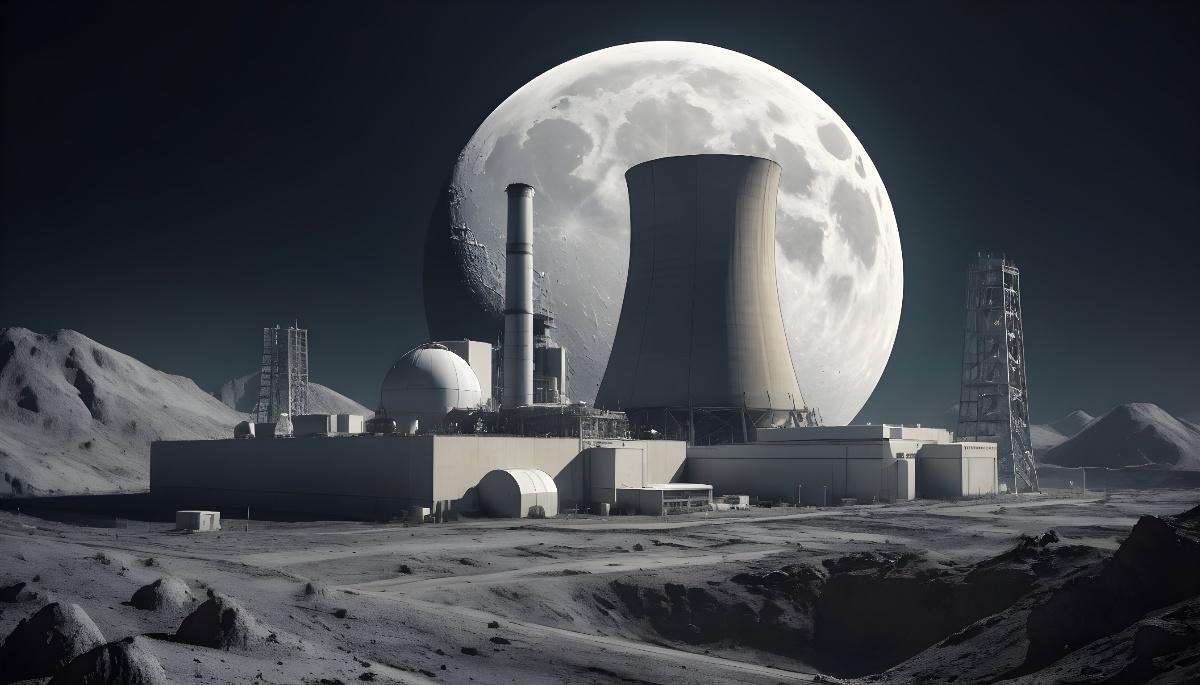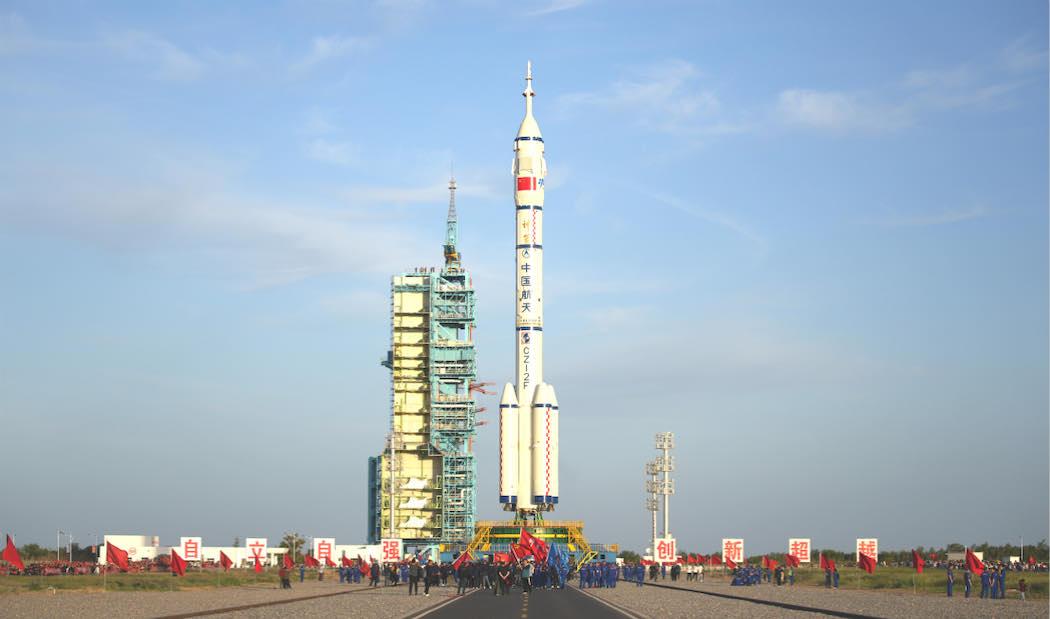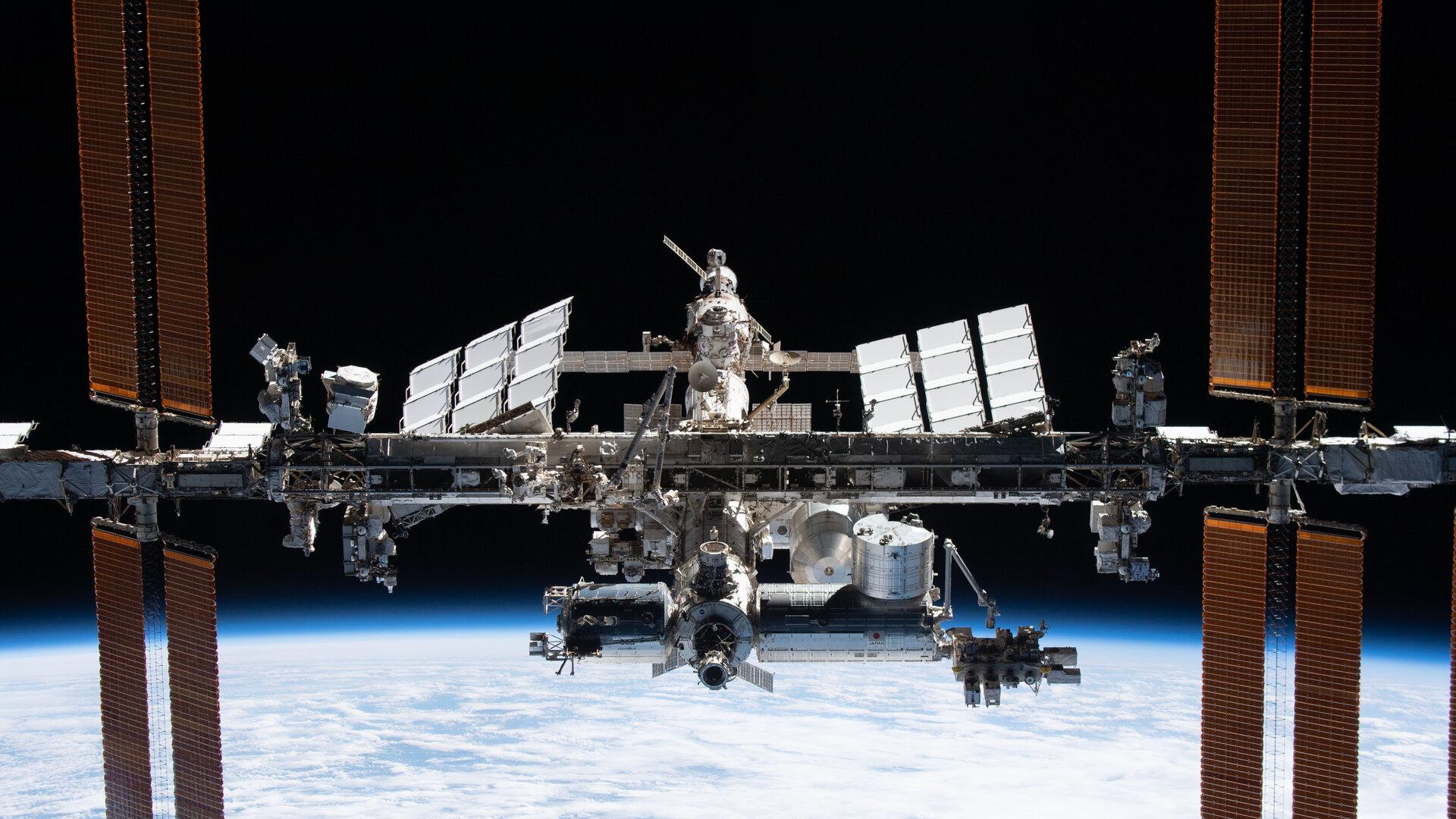Space as global geopolitical theater of action New rivalry frontier
At the beginning of the 21st century, American political scientist Everett S. Dolman, in his article “Geostrategy in the Space Age,” first used the term “astropolitics,” calling it geopolitics extended to the “realm of outer space.” In addition, E. Dolman defined “astropolitics” as “the study of the relationships between outer space, technology, and the development of political and military strategy”.
Space is indeed a place of geopolitical competition. Thus, in addition to the obvious interests in the field of science, space has always been important from the point of view of military affairs and national security. During the Cold War, when the era of space exploration began, all space programs were stimulated primarily by the rivalry between the two powers - the USSR and the USA. This applied to both international security and research programs, including sending people, animals, satellites, spacecraft, etc. into space.
Today, the relevance of the ideas of Dolman, who considered space a new strategic battlefield, is continuously increasing, major powers are increasingly competing in space every year, and the number of actors involved in this rivalry is constantly increasing. Moreover, there is active militarization of outer space, so one of the most important aspects of “astropolitics” is the prevention of the military threat that comes from space.
In late March of this year, Yuri Borisov, head of “Roscosmos”, the Russian space agency, made a headline-grabbing announcement that China and Russia were planning to build a nuclear power plant on the Moon by 2033–2035. This, he announced, would help future joint Sino-Russian settlements on the Moon.

Some media reports have also suggested rising tensions between the United States and Russia following revelations that the Kremlin is developing anti-satellite nuclear weapons. Russia has denied such claims. However, such rumours have heightened concerns about US military preparedness in the event of such an attack.
As space technology advances at breakneck speed, space is rapidly emerging as a new arena reflecting both geopolitical competition and cooperation.
Cooperation between China and Russia is another aspect that makes space exploration interesting. The Soviet Union/Russia was the first country to launch the artificial Earth satellite Sputnik 1 in 1957. This led to space becoming another frontier of the Cold War, with the US and USSR vying for supremacy. Nevertheless, the United States has shown itself to be the undisputed world leader in this area.
Today, China has extensive financial, human and technological capabilities to support a highly technically sophisticated and ambitious space program. The Chinese have in their portfolio successes such as a spacewalk, an anti-satellite system test, a successful space station, as well as three successful unmanned missions to the Moon. The Chinese also aim to land a man on the moon by 2030.
The Long March is considered one of the most successful launch vehicles in the history of space exploration, and China aims to achieve more than 100 space launches in 2024. China also intends to work on studying geological samples returned from the surface of the Moon in 2020.
The BeiDou navigation system is successfully operating and is available to countries participating in the Belt and Road Initiative. China's space budget is about $13 billion, which was one of the important elements of the above achievements. The allocation of funds in such a volume is also due to the fact that space achievements are perceived as necessary for turning China into a great power and enjoying the full support of the government.

Therefore, it is not surprising that Russia today seeks to cooperate with China. In 2023, 47 years later, Moscow launched a mission to the Moon. However, the Luna 25 spacecraft crashed, highlighting the steady decline of Russia's space presence.
In a recent interview, Mikhail Marov, a leading Russian physicist and astronomer with vast Soviet-era experience, said: “This was perhaps the last hope for me to see the revival of our lunar program.”
At one time, Moscow was a leader in space, but now it is ready to play second fiddle to Beijing and is looking for opportunities to join it in regaining its lost glory in space.
Sino-Russian space cooperation is an indicator of the existing power dynamics between the countries. Today, China is a pioneer and leader in space technology with numerous successes and has established itself as the only rival to the United States.
The US is also looking to reboot its space program and, like Russia, has experienced some setbacks in its lunar missions. However, this did not affect the ambitious plans of the United States in space and a manned lunar mission is planned for 2025.
New Delhi also has big space ambitions and is keen to make its mark. To achieve this goal, India has increased its spending on space to $3 billion and is also encouraging the private sector in this market segment. New Delhi also announced that it will carry out 30 space launches in 2024-2025.
India has joined the Artemis Accord and looks forward to cooperating with the US in space exploration and visiting the International Space Station (ISS). With successful unmanned lunar missions and being the only country to land on the moon's south pole, New Delhi appears to have a reputation as a good partner for the US.

But India is not alone in its desire to join the group of space leaders. As we know, both France and Great Britain have their own ambitions to conquer extraterrestrial space. France has extensive experience launching commercial and military satellites from Nauru using the European Ariane rocket.
Japan so far has been very successful in launching multiple communication and navigation satellites using H3 series rockets and is also keen to collaborate and participate in more ambitious projects.
Space is an important area for the realization of great power ambitions and geopolitical rivalry. China's success in space makes it one of the world leaders and a contender for the title of superpower. What makes space so desirable is that it is critical not only for military progress, but also for civilian aspects.
No one can undermine the central role of space in intelligence, but it is equally important for the daily movement of people, disaster management and even entertainment (for example, communications and streaming platforms). Additionally, the space economy is projected to be worth around $600 billion by 2025, and every country wants a share of it.
Competition in space until recent days was peaceful. Projects such as the ISS clearly prove that humanity is capable of cooperation not only on Earth, but also in space. We have yet to find out how long earthly conflicts will not be transferred into space, but hope for peace does not leave people even in the most difficult times.








